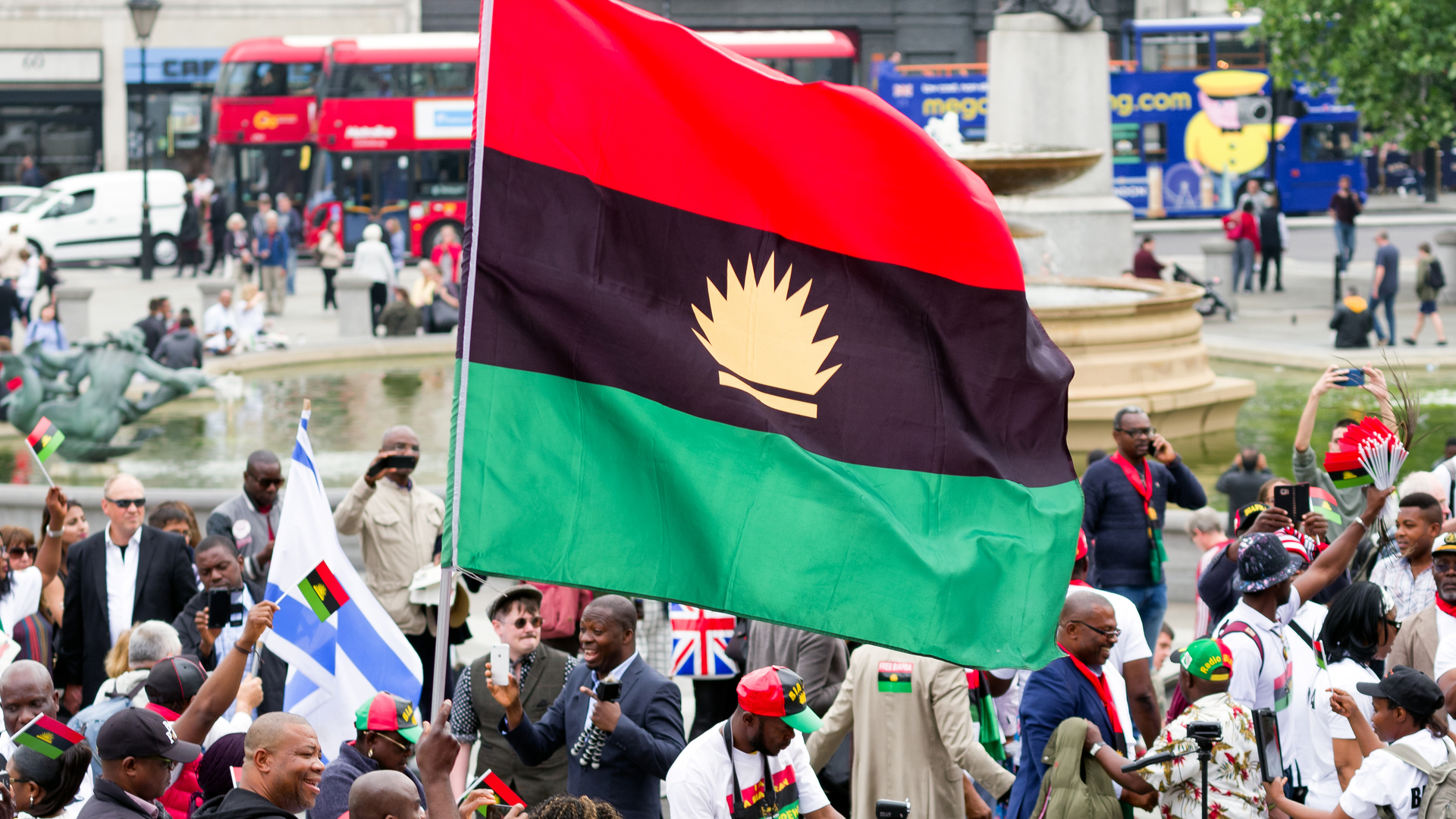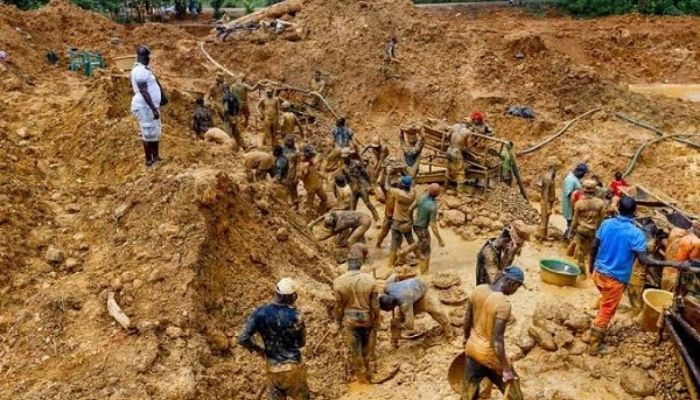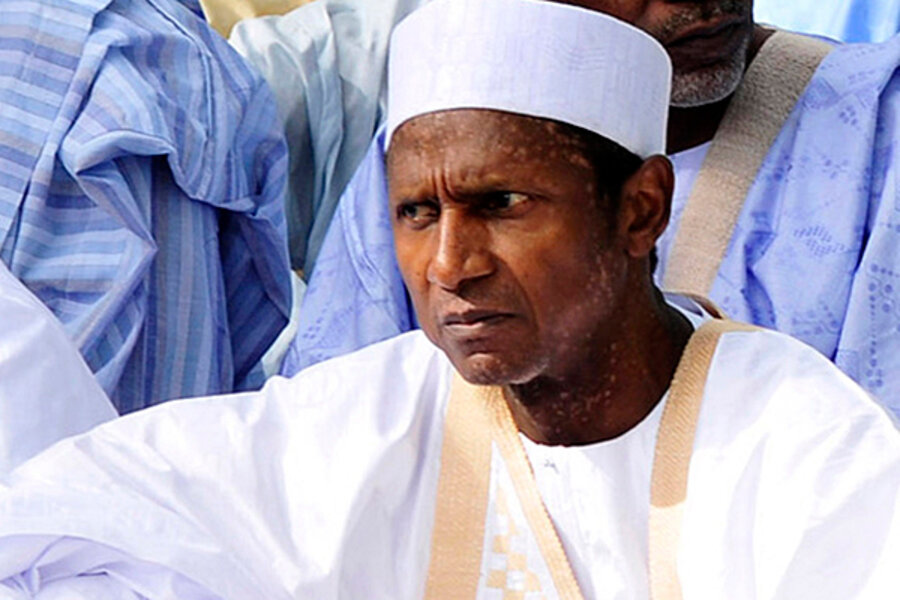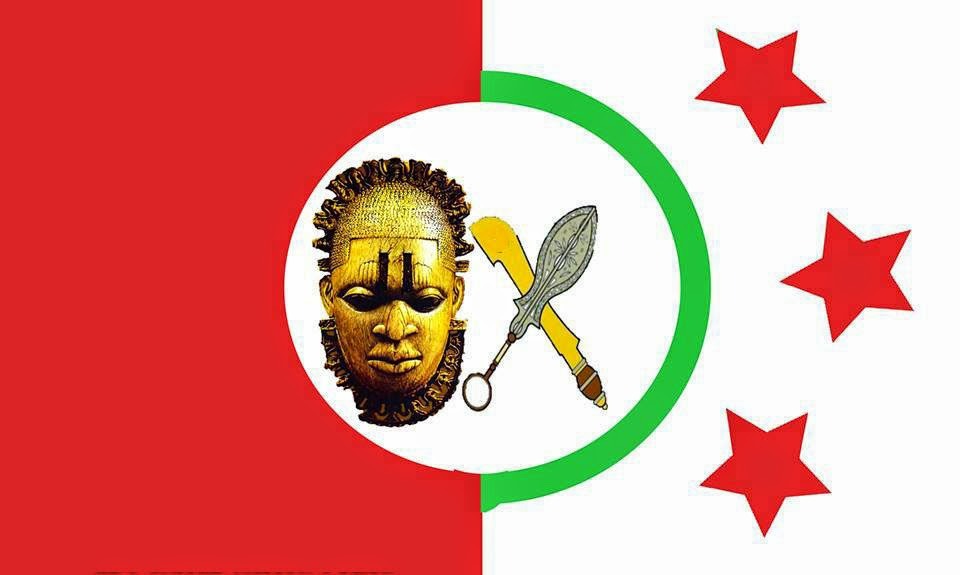culled from VANGUARD Tuesday, December 02, 2003
There is a profound statement President Jimmy Carter made to me in 1992 during one of his election monitoring tours. He said that the greatest mistake any ruler can make is to open the window of democracy and want to shut it back. He said this with particular reference to the Panamanian dictator, Gen. Manuel Antonio Noriega. Noriega had just attempted to fiddle with an election he lost. For the Panamanians, that was the last straw. They poured onto the streets (some say egged on by the CIA, but it does not matter), demanding his resignation, till the Americans remembered that Noriega ran drugs and money laundering rackets, and sent in the marines to capture him. Today Noriega is cooling his heels in an American jail.
In Nicaragua, Ortega and
the Sandinistas swept away the brutal regime of Gen. Anastasio Somoza Debayle, whose family had ruled since 1934. Elected in 1974, after a two-year constitutional crisis, Somoza fell to popular revolt organised by the Sandinistas, after a disputed election. In Philippines, Corazon Aquino led the masses in the the world’s most popular uprising against Ferdinand Marcos, arguably the Third World’s most corrupt and brutal dictator. His wife Imelda, was famous for her over 1,000 pairs of expensive shoes and a cellar full of exotic perfumes. Marcos’s thugs had assassinated Benigno Aquino, the popular opposition leader, at the Manila airport as he returned from exile. Benigno’s wife, Corazon, took over leadership of the opposition and floored Marcos at the general elections. Marcos wanted to steal the mandate of the people, but Corazon and the people marched and pounded the pavements until Marcos fled into exile where he died. That feat was to be repeated recently when Gloria Marcagalpa Arroyo was swept into power through peoples’ revolt.
Part of the undoing of President Slobodan Milosevic was the municipal elections in Serbia. Against all odds, Serbians in December 1992 elected him President. But Milosevic, in a fashion Nigerians witnessed in 1993, withheld the results of a local government election, which he had lost. The people of Serbia pounded the pavements in protest, until reluctantly, Milosovic released the results. But by then, America and the United Nations had conveniently remembered that Milosevic committed some crimes against humanity. Today, the "Butcher of the Balkans" is standing trial at the International Criminal Court.
Earlier than all these, the people of Iran had demonstrated the supremacy of peoples’ power. Mohammed Reza Pahlavi, the Shah of Iran, was the ultimate dictator on the Persian Gulf. For many years, he was propped up by the United States, while he repressed, tortured and killed his political enemies. The lucky ones were chased into exile. One of them who eventually became his nemesis was Ayatolla Ruhollah Khomeini. From exile in France, Khomeini organised the mass revolt of Iranians against the Shah. By 1978, it became obvious that the Shah’s brutal regime could not survive, and he had become very ill. From Egypt to Morocco to Panama (where Colonel Manuel Antonio Noriega was his chief security) to Mexico, America was shopping for a place of exile for the king of kings! The peoples’ revolution unleashed by the Ayatollah swept the Shah into the dustbin of history!
We can also recall how
an ordinary dockworker in the port of Gdansk, Poland, Lech Walesa, organised a dockworkers’ union, called Solidarity, which defied Soviet tanks and ushered Poland into a democracy. The Polish experience brings to mind the most recent demonstration of peoples’ power in Georgia, the former part of Soviet Union. Again, the issue here was that of a corrupt and discredited government rigging election in order to sustain itself in power. Eduard Shevardnazde, the former President of Georgia was the last Foreign Minister of the Soviet Union before its disintegration. The former President, Zviad Gamsakhurdia, an anti-communist leader, in 1991 became the first person to win the presidency of a Soviet Republic by popular vote. In January 1992, he was chased out of Tbilisi, after two weeks of fighting in the capital. Shevardnadze succeeded him in March 1992. Ironically, Shevardnadze, irritated by the supporters of Gamsakhurdia, in August 1992 sent troops to Western Georgia, Gamsakhurdia’s stronghold!
After over ten years of corrupt government that brought only humiliating poverty to Georgians, the table was turned against Shevardnadze. Last week, he opened the window of democracy by allowing a general election. But he tried to shut the window by rigging the election. But the opposition, led by a woman, Nino Burjzadnazde, refused to give in. Georgians pounded the pavements in mass action they called "velvet revolution", but Shevardnazde remained adamant. He instead appealed to the military, which decided to side the people. The masses invaded the parliament and evicted the President and his cohorts. When the people threatened to invade his home, he knew they meant business. By last Sunday he signed his resignation! The interim President, Nino Burjzadnazde, has promised to conduct another election in two months time.
The freedom of a people ultimately lies in their hands. When people criticise Comrade Adams Oshiomhole, or pin their expectations and hopes on what he can or cannot do I have always said that Oshiomhole has no business incurring the wrath of the government for Nigerians. On several occasions, we had stayed in our homes, watching television and monitoring whether Oshiomhole, Owei Lakemfa and John Odah are going to liberate us. Even while they tried to sensitise the people about the issues at stake, people were busy looking for where to buy fuel at black market for God knows what reason! You ask yourself: are these people really worth the struggle?
My view is that the freedom we all desire and all the good things we crave from a good government are out there littered on the pavements of Nigerian streets! The day we want them badly, we will pound the pavements to claim them! That day, there will be no Igbo, no Hausa, no Yoruba, no Fulani, no Ijaw, no Itsekiri, no Urhobo, no Efik and no Idoma, no Christian, no Muslim. There will be just one community of oppressed Nigerians, united and spurred by their common poverty!












